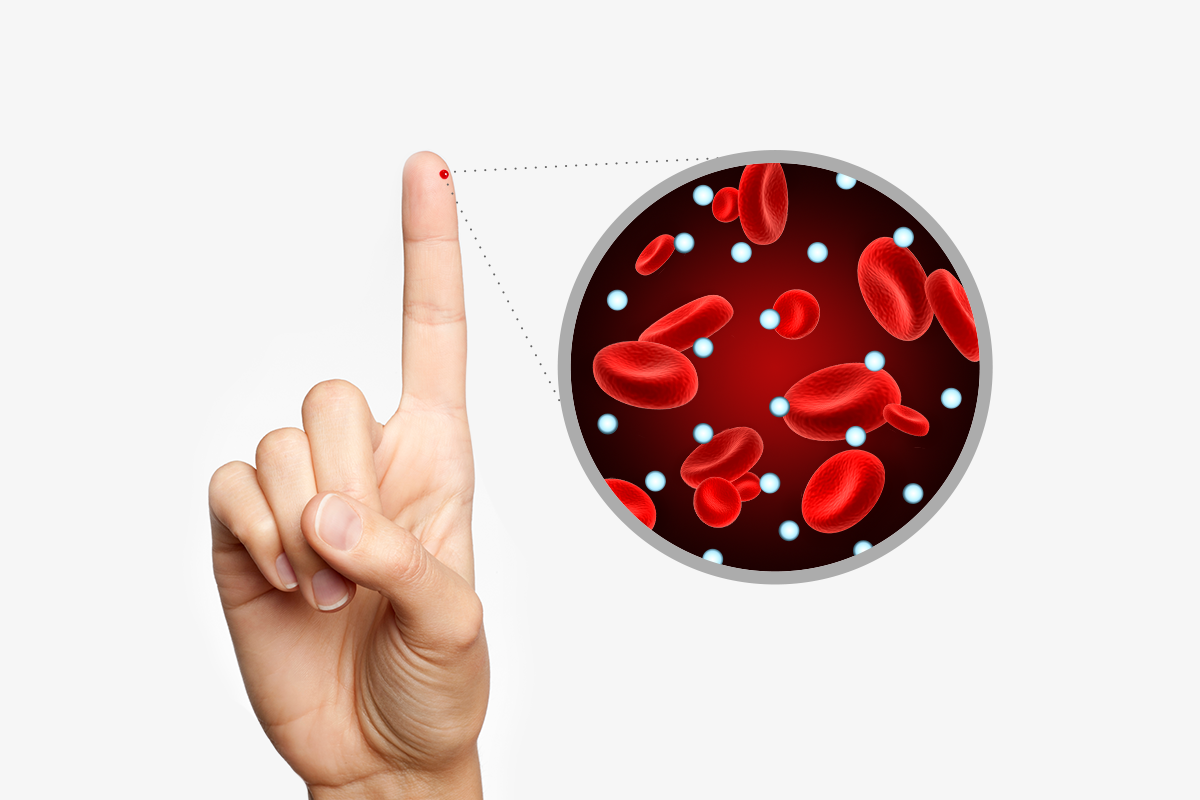In order to know what insulin resistance is, we must first understand insulin. It is a hormone that is produced in the pancreas to regulate the level of glucose in the blood. Glucose is a simple sugar which our body uses for energy. The glucose is delivered from the foods we eat. So the more we eat, the more insulin our body needs to counter the glucose in the bloodstream. Most of the work provided by insulin is to metabolize carbohydrates (sugar & starches), lipids (fats), and proteins.
In other words, it remove other by-products of food from the body by stimulating fat cells to form fats from fatty acids. It uses the kidney and liver cells to turn amino acids into proteins. Insulin also keep the liver and kidneys from making glucose from partially-metabolized material. This is important because that can damage those body organs over a period time.
Insulin resistance is a condition where the body cells just don’t use insulin correctly. Many people suffer from this because their fat, muscle, and liver cells fail to use the insulin efficiently. If the pancreas delivers short on its production of insulin to help glucose enter the cells, then the bloodstream builds an excess of glucose. This condition increases the risk of developing pre diabetes, type 2 diabetes, and cardiovascular disease.
Causes of insulin resistance
Insulin resistance precedes the development of type 2 diabetes. People may have insulin resistance or pre diabetes for years and not even know it. In some cases, both may appear simultaneously. Symptoms usually are nonexisting unless your doctor performs test to determine otherwise. There are several causes that include the following:
- §genetic factors
- §overweight (obesity)
- §lack of physical activity
- §stress
- §metabolic syndrome
- §pregnancy
- §steroid use
- §illness or infection
You are more than likely to develop a resistance to insulin if you are overweight and have a body mass index (BMI) of 25 or above. Other causes or risk factors that increases your chances include high blood pressure, a low count of HDL cholesterol, being 40 or older, previously having gestational diabetes, and close family members with type 2 diabetes.
Conditions associated with insulin resistance
At this point, it goes without saying that pre diabetes and type 2 diabetes are closely associated with insulin resistance. Yet, there are other conditions that may be caused by or is a result of having this problem. Below is a listing of medical conditions that bear this out.
- §Fatty Liver
It can be a mild or severe case. Fat accumulation in the liver is the result of out of control lipids (fats)
- §arteriosclerosis
The continous thickening and hardening of artery walls, usually medium and large arteries. It is likely to cause coronary artery disease (heart attacks) and strokes.
- §Abnormal growth
Actual linear growth and a coarsening of features can be noticed
- §Skin Lesions
Skin tags and/or acanthosis nigricans
- §PCOS
PolyCystic Ovarian Syndrome, a hormonal problem usually affecting young women
Diagnosing insulin resistance
You may think that blood test administered for pre diabetes is also testing for insulin resistance. However, this is not always the case. It can be checked by measuring blood levels, but a more refined and reliable test is known as the “euglycemic clamp”. In a nutshell, it measures the quantity of glucose needed to make up for greater than normal insulin levels without leading to hypoglycemia in a patient. The testing procedure generally takes about two hours to complete. It is an expensive procedure and a bit complex, which is why it isn’t commonly done at small doctor offices. In fact, it is mostly used for research purposes.
While there are genetic factors that play in the likelihood of you becoming insulin resistant, it can be avoided or managed through a healthy lifestyle. Regular exercise and a good diet can do this alone. However, medication is an option to include if diet and exercise doesn’t work.














